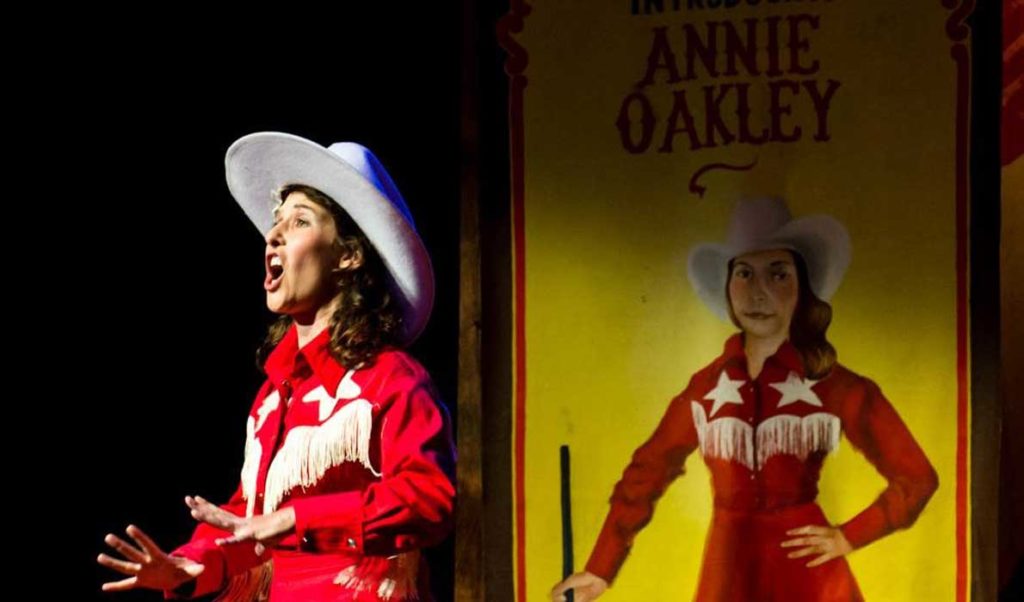There is a particularly odious saying that gets bandied about from time to time: “Those who can, do; those who can’t, teach.” Rather than get my hackles up, I let it goad me into action.
I teach music, theater and English. I studied music and theater as an undergrad at Brown, receiving a BA in each subject. I got a master’s degree from Boston University in print journalism. I am not a professional actress, nor do I make most of my income as a singer. I am a freelance journalist, but primarily I am a teacher.
There are some who would therefore consider my college and graduate school journey a failure. There are times when I wish I had a career on the stage or as a statehouse reporter. But education is a rewarding, challenging field, particularly on an island. It provides a salary and benefits. I use the knowledge gained through my education every day. And in no way does it preclude me from pursuing music, theater or writing. In fact, I think all teachers, particularly those in rural areas, should make an extra effort to “do” the thing they “can.”
Students learn from our example. This is true whether we’re teaching them how to solve an equation, demonstrating civil conduct with colleagues, or remaining engaged in activities we love. This last one is especially important in isolated areas.
Other than in the summer, when islanders are especially busy, there are few opportunities to attend concerts and plays other than the ones generated from the school. My students therefore don’t get to see many performers engaged in the skills they’re developing. To make up for this, I am on stage every chance I get. Naturally, some of the impetus is selfish; I love to perform. But I also try to consciously model the behaviors I want to see in my young actors and musicians.
When I played Annie Oakley in Waterman’s recent production of Annie Get Your Gun, I kept them at the forefront of my mind. They so obligingly step out of their comfort zones when I ask them to sing, dance, act and wear makeup and costumes for the sake of the theater program.
I wanted to show them that I was willing to do everything I ask of them. I learned my lines on time. I wore itchy tights. I smiled and sang up to the balcony. And I had a lot of fun doing it. Hopefully, when I next ask them to do the same things, my request will carry a little more weight for having shown that I’m willing to do, rather than just tell them what to do.
As a writer for this and other publications, I engage in a dialogue of constructive criticism with my editors, much as I ask my English students to do with me and their peers. Not only am I modeling the behaviors I want them to display, but I know what it feels like to receive a critique I might not want to hear, and it impacts the way I provide feedback to my student writers.
Choosing education as a career, especially in a specific subject area, might mean making a choice not to pursue a career in the “purest” form of that subject area. But it doesn’t have to mean no longer participating in it. Whenever possible, teachers should embrace the opportunity to teach by doing.
Courtney Naliboff teaches on North Haven, where she lives with her husband and their daughter.





